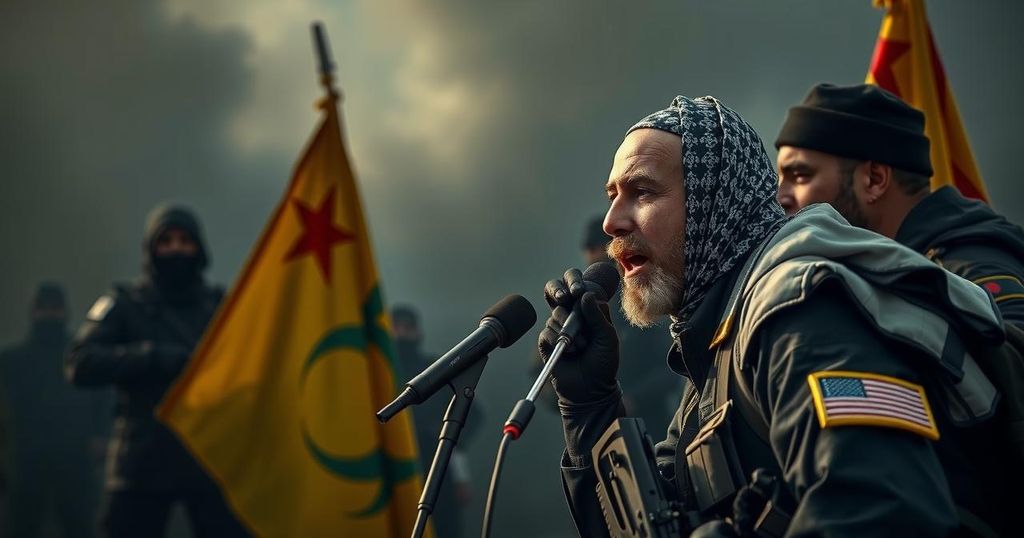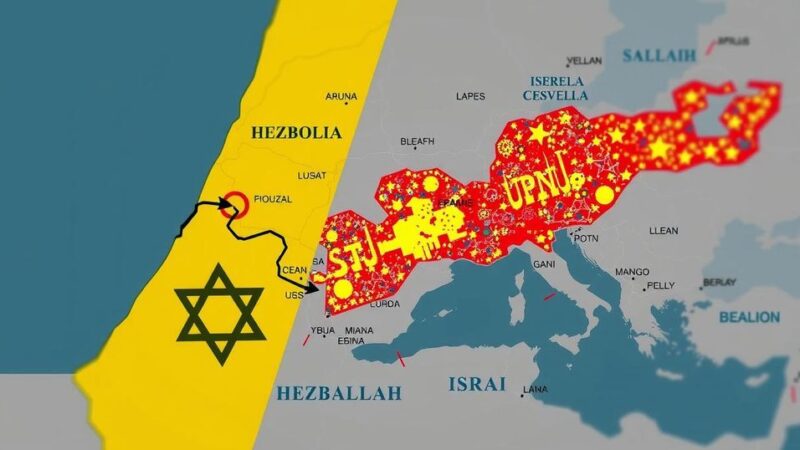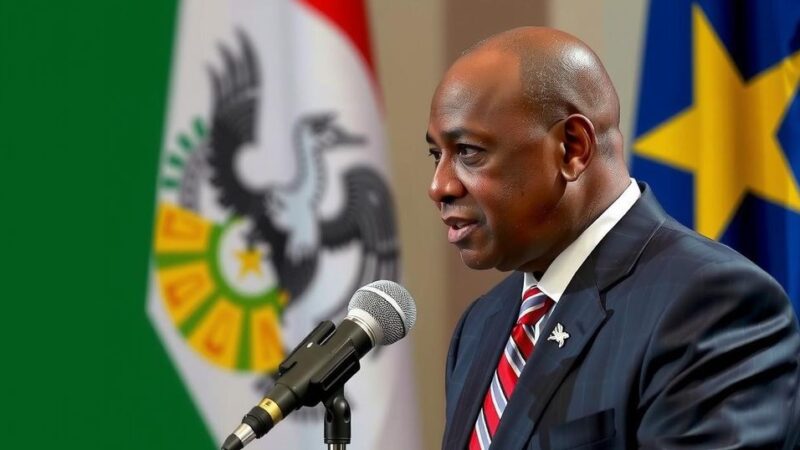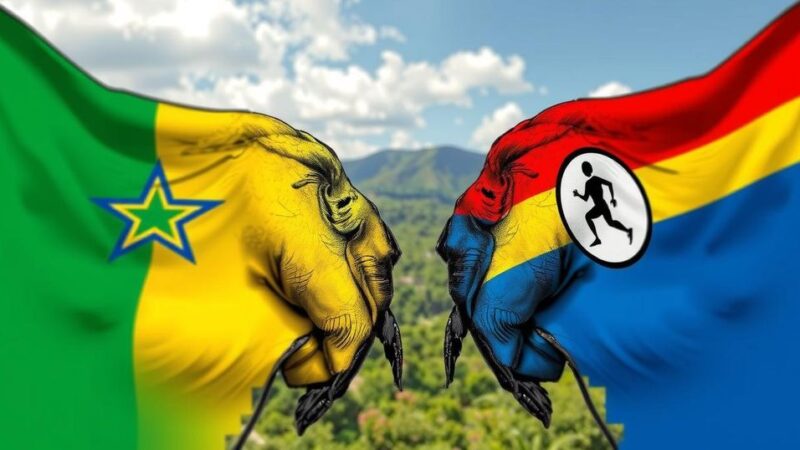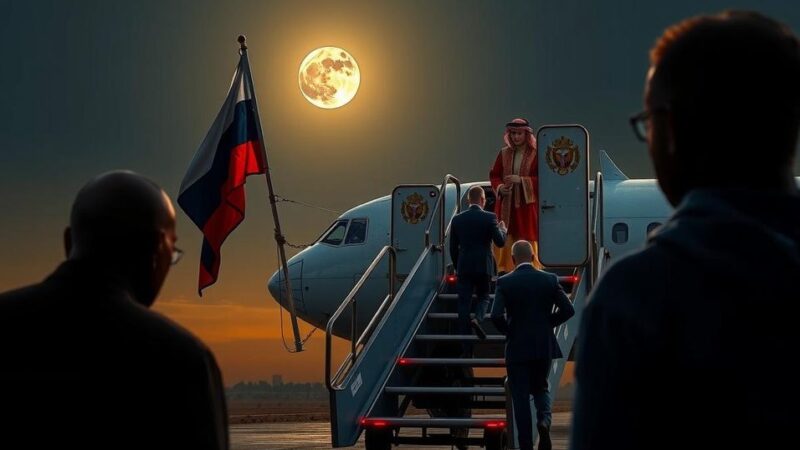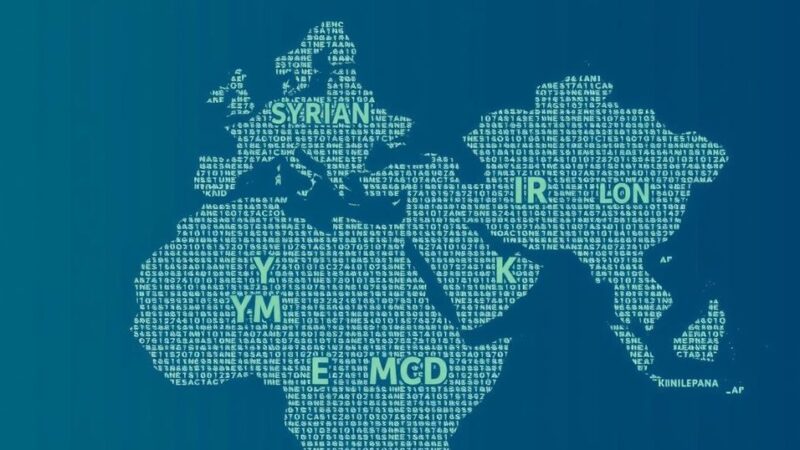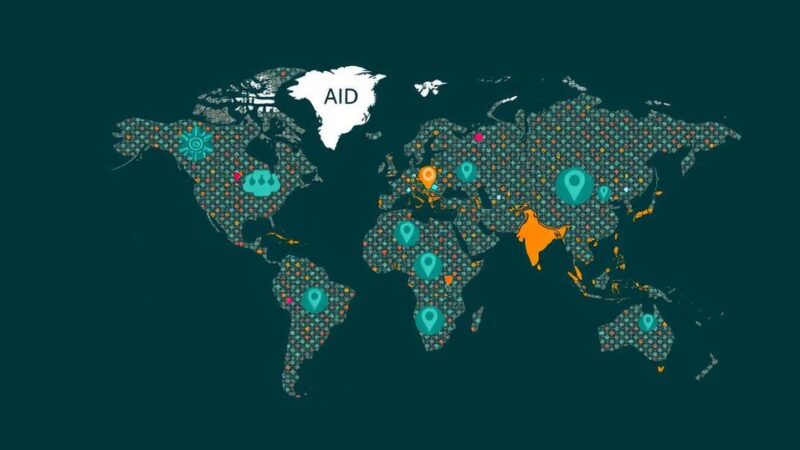Hezbollah has agreed to a cease-fire with Israel after 13 months of war that has fatally weakened the organization. The conflict, instigated by Hezbollah’s unilateral actions, resulted in significant Israeli counterattacks, leading to extensive destruction and senior leadership losses. This cease-fire raises important questions about the group’s future influence in Lebanon amid hopes of renewed political dynamics.
Thirteen months of conflict have left Hezbollah significantly weakened, prompting the organization to accept a cease-fire with Israel this week. The claim of sole capability in defending Lebanon against Israel, underpinned by assurances of military strength and regional alliances, has crumbled. The newly established 60-day truce follows intense Israeli military operations that have severely impacted Hezbollah’s infrastructure and leadership. After combating extensive airstrikes leading to the displacement of thousands and the destruction of key population centers, Hezbollah faces an uphill challenge in framing this cease-fire as anything but a retreat.
The Lebanese militant group is reeling from casualties among its senior ranks, including the assassination of its long-term leader, Hassan Nasrallah, following Israel’s successful intelligence operations. This has not only disorganized Hezbollah but strained its base, as many of its supporters now struggle with significant loss and dislocation. In its unilateral decision to initiate hostilities without broader consultation, Hezbollah has also found itself increasingly isolated politically both domestically and regionally. Meanwhile, there are growing hopes among its opponents that its diminished state will allow for a reconfiguration of power within Lebanon’s political landscape.
The context of this cease-fire stems from an extended period of conflict that escalated tensions in the region, particularly between Hezbollah and Israel. For many years, Hezbollah presented itself as a formidable force capable of protecting Lebanon against Israeli aggression, relying on a perceived network of support from Iranian-backed militias. However, following the extensive warfare and subsequent defeats, many of these narratives have been undermined, leading to a significant shift in public sentiment and political dynamics within Lebanon. The cease-fire raises questions regarding Hezbollah’s future influence and the potential for new political alignments in the wake of its sustained losses.
In summary, Hezbollah’s acceptance of a cease-fire marks a pivotal moment following a prolonged and damaging conflict with Israel. The substantial losses in leadership and the devastation endured by its strongholds signal a possible erosion of its authority both within Lebanon and in the region. As the group struggles to redefine its narrative amidst a backdrop of weakening power, the potential for emerging political rivalries presents a complex and uncertain future for Lebanese politics.
Original Source: www.nytimes.com
